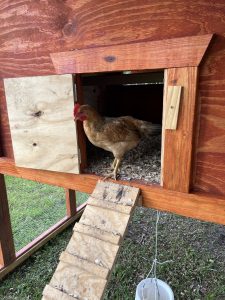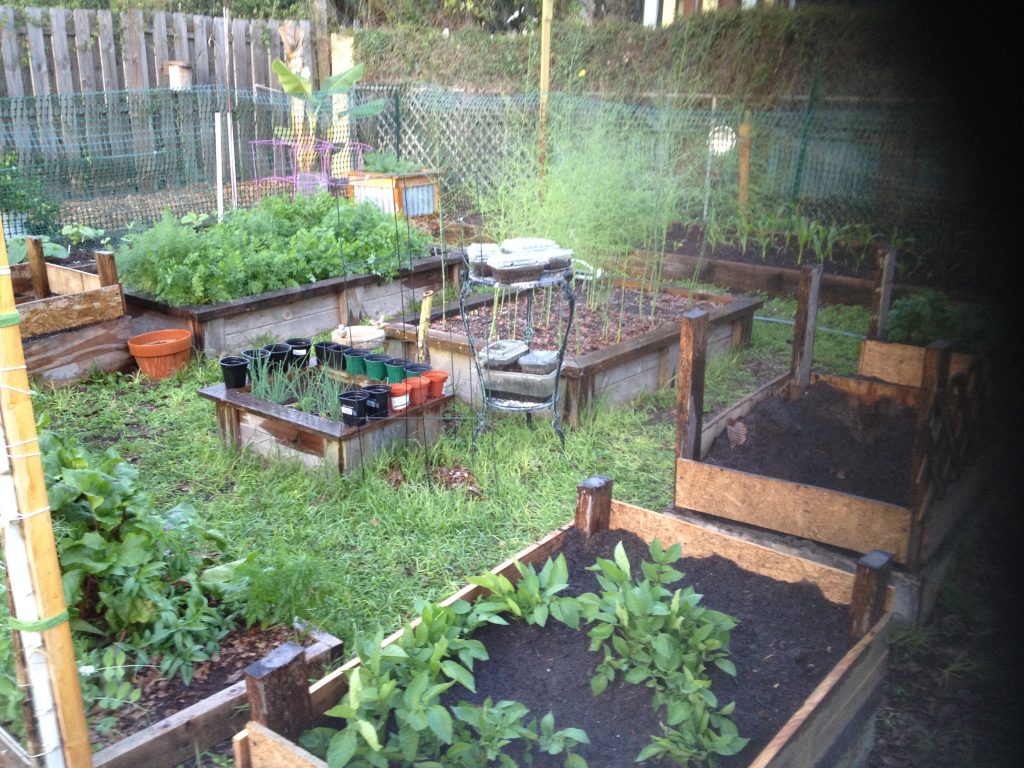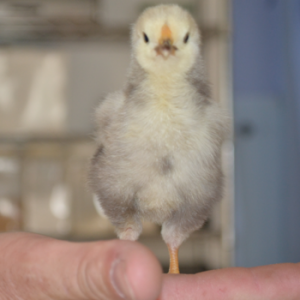Will the Price of food go down soon?
The Dilemma of Rising Food Prices
Lately, you may have noticed that your grocery bills are on the rise. It’s not your imagination – food prices are indeed soaring. But what’s behind this surge in costs, and how can you still enjoy quality, affordable food while promoting sustainability and security? Enter Community Supported Agriculture (CSA), a solution that not only answers these questions but also provides better food value in Zephyrhills, FL.
Unraveling the Mystery: Why Is Food So Expensive Right Now?
Supply Chain Disruptions: Recent global events have disrupted the intricate web of supply chains that bring food to our tables. From transportation delays to labor shortages, these disruptions have led to reduced supply and higher prices.
Fluctuating Demand: Changing consumer habits and preferences, influenced by factors like the pandemic and shifting dietary choices, have caused fluctuations in demand. When demand changes, prices often follow suit.
Environmental Factors: Extreme weather events and climate change have impacted crop yields and livestock production. These disruptions affect the availability of raw materials for food, leading to increased costs.
Why Choose CSA for Better Food Value in Zephyrhills, FL?
1. Ensuring Food Sustainability
- Local Food Systems: CSA connects you directly with local farmers, reducing your dependence on distant and often less sustainable sources.
- Supporting Eco-Friendly Practices: Participating in a CSA promotes sustainable farming practices that prioritize the health of the environment and your community.
2. Enhancing Food Security
- Strengthening Local Supply: CSA contributes to building a resilient local food supply. When global supply chains falter, your CSA share ensures a consistent supply of fresh produce and meats.
- Diverse Offerings: CSA boxes are often packed with a variety of seasonal fruits, vegetables, and meats, ensuring a diverse and balanced diet even during supply challenges.
3. Achieving Better Food Value
- Affordable Access: By joining a CSA, you invest upfront in a season’s worth of produce and meats. This investment helps farmers cover costs, resulting in cost savings for you.
- Healthier Choices: CSA often includes non-medicated meats, addressing concerns about antibiotics and hormones. You receive both economic and nutritional value.
Conclusion: Navigating Food Costs with CSA in Zephyrhills, FL
As you grapple with the sticker shock at the grocery store, know that there are strategies to navigate this complex issue. Understanding the factors driving rising food prices is the first step. By opting for a CSA in Zephyrhills, FL, you’re not only addressing the challenges of expensive groceries but also investing in a sustainable and secure food future. CSA brings you closer to the source, offers cost-efficient options, and champions healthier choices. Embrace the power of CSA to enjoy better food value while supporting local farmers and the community’s well-being.




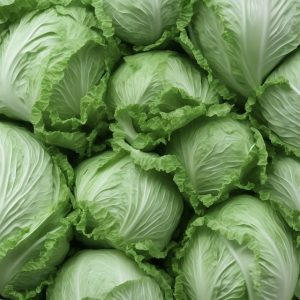










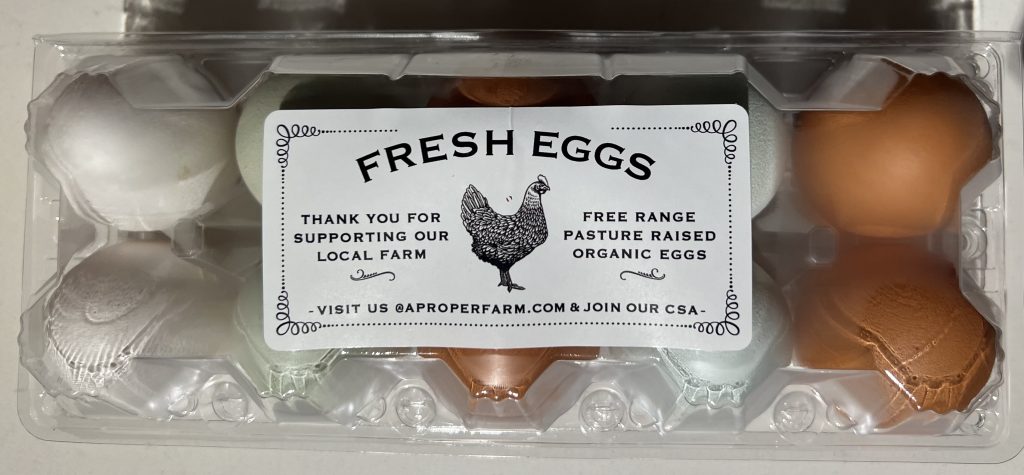
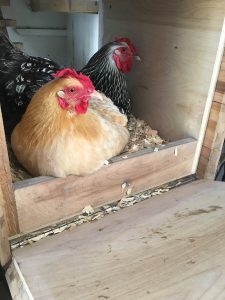
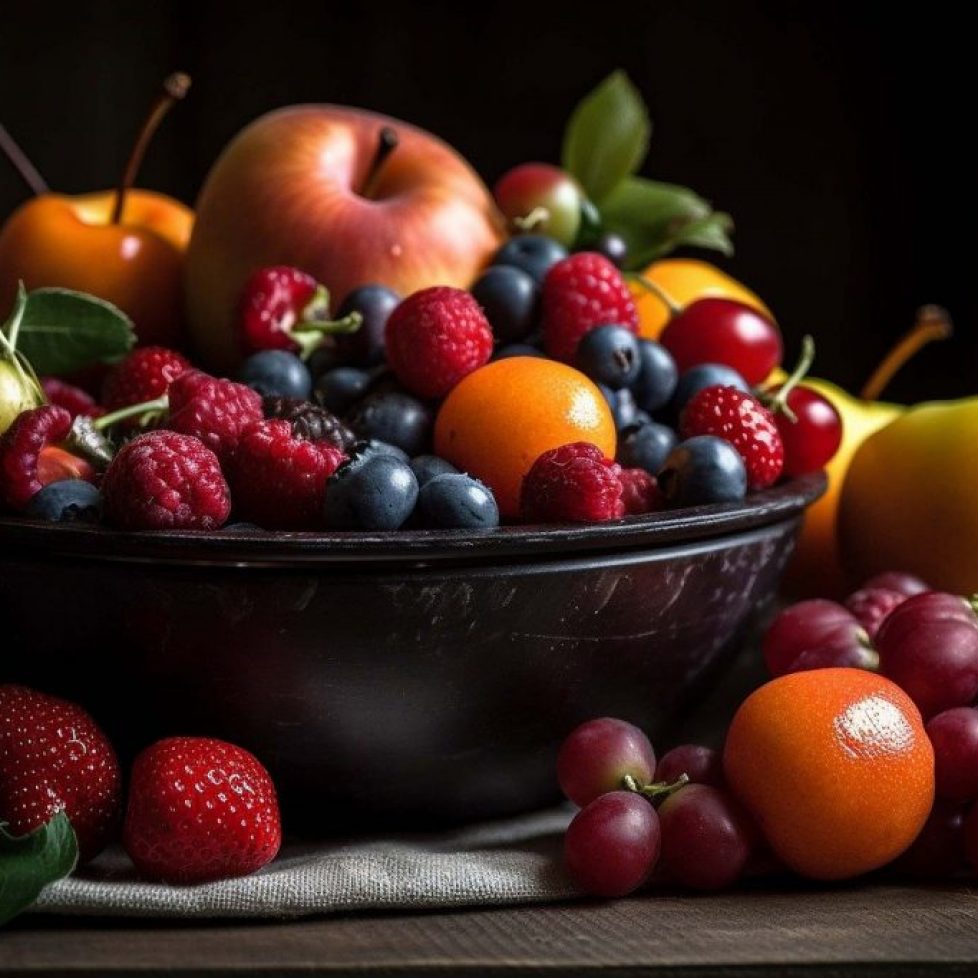

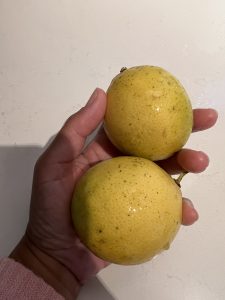

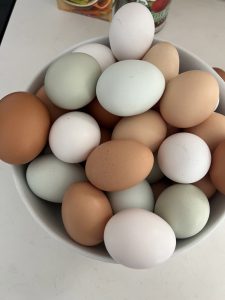




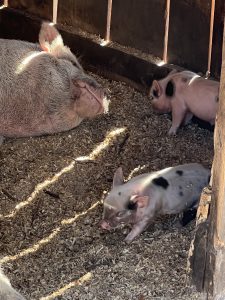
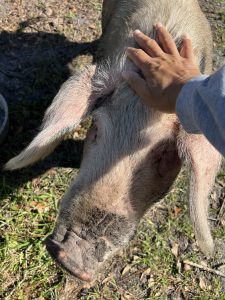



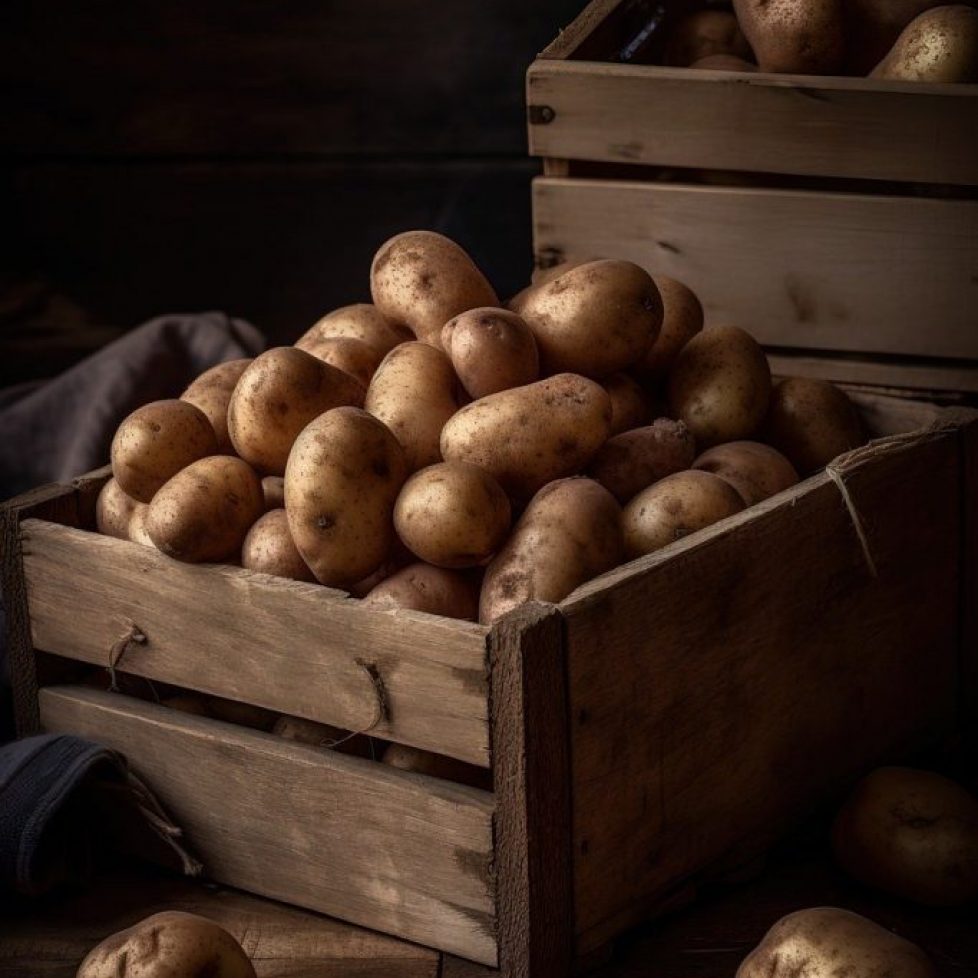
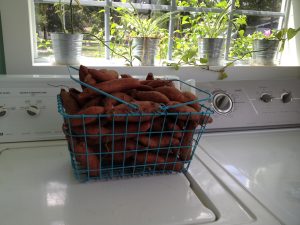
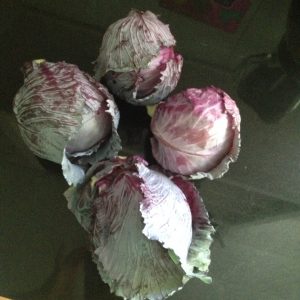
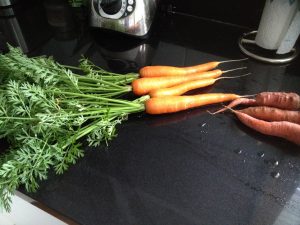

 Cow manure is like gold to a farm. Once we began adding cow manure to the garden we grew more tomatoes than we knew what to do with.
Cow manure is like gold to a farm. Once we began adding cow manure to the garden we grew more tomatoes than we knew what to do with. 